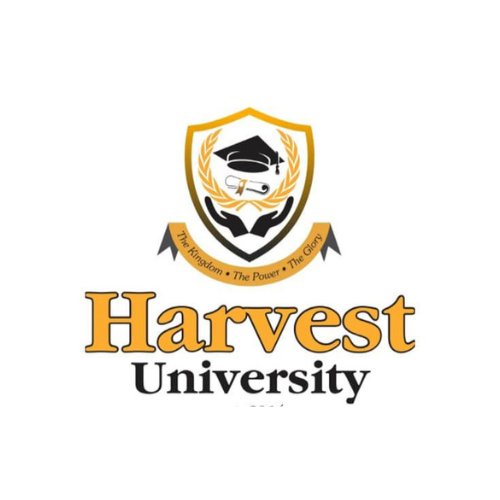About Course
Introduction to Bachelor of Science in Agriculture Science:
The Bachelor of Science in Agriculture Science program at Harvest University is designed to cultivate a deep understanding of agriculture, sustainable practices, and agribusiness management. This program integrates scientific principles with hands-on experiences, preparing students for diverse roles in the agricultural industry. Through a comprehensive curriculum, students will gain the knowledge and skills needed to address global challenges related to food production, environmental sustainability, and agricultural innovation.
Program Structure:
Year 1: Foundations of Agriculture Science
- Introduction to Agriculture Science
- Principles of Crop Science
- Soil Science
- Fundamentals of Animal Science
- Agricultural Mathematics
- Communication Skills for Agriculture
- Introduction to Agricultural Economics
- General Biology
Year 2: Core Agricultural Competencies
- Agricultural Microbiology
- Crop Physiology
- Livestock Production Management
- Agricultural Engineering
- Principles of Agribusiness Management
- Agricultural Statistics
- Agricultural Policy and Law
- Introduction to Horticulture
Year 3: Specializations and Advanced Agriculture Concepts
- Plant Pathology
- Animal Nutrition
- Sustainable Agriculture Practices
- Agricultural Biotechnology
- Precision Agriculture
- Agricultural Marketing and Sales
- Elective: Rural Development
- Elective: Agroecology
Year 4: Applied Agriculture Practices and Capstone Project
- Agricultural Internship
- Agriculture Science Capstone Project
- Advanced Horticulture
- Agricultural Risk Management
- Elective: Food Security and Agriculture
- Elective: Agricultural Entrepreneurship
- Elective: International Agriculture
Note:
- The program provides a strong foundation in the first two years, covering fundamental agriculture science concepts.
- Specializations in the third year allow students to focus on specific areas of agriculture science based on their interests and career goals.
- The internship provides hands-on experience, allowing students to apply theoretical knowledge in real-world agricultural settings.
- The capstone project allows students to integrate their learning and address complex challenges in agriculture science.
- Elective courses offer flexibility for students to explore specific areas of interest, such as rural development, agroecology, or international agriculture.
This program structure is a general representation, and specific course titles may vary. It’s recommended to refer to Harvest University’s official program guide or contact the academic department for the most accurate and up-to-date information on the curriculum and course offerings.

